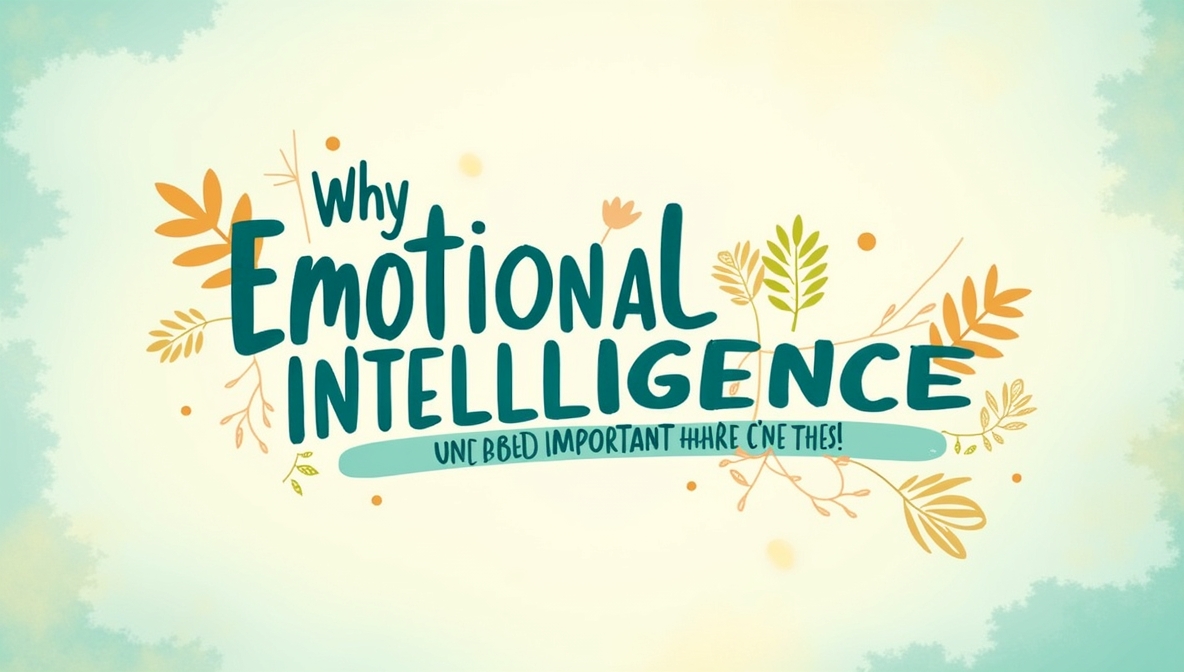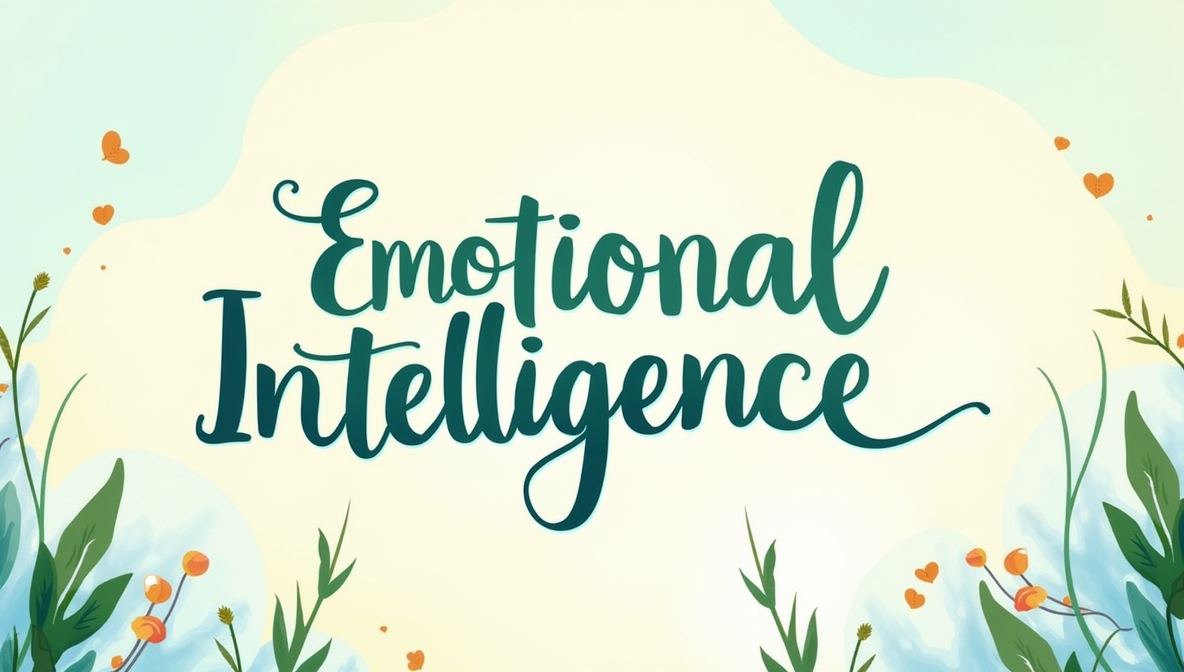In today’s fast-paced, highly connected world, success is no longer determined by IQ alone. Emotional intelligence, often referred to as EQ, plays a significant role in how we interact with others, make decisions, and manage stress. While academic achievements and technical skills matter, it is often emotional intelligence that separates great leaders, communicators, and collaborators from the rest.
Emotional intelligence refers to the ability to recognize, understand, and manage our own emotions as well as the emotions of others. It includes a range of skills such as empathy, self-awareness, emotional regulation, motivation, and strong social skills. People with high EQ are often more adaptable, more resilient under pressure, and better equipped to maintain healthy relationships both personally and professionally.
One of the core components of emotional intelligence is self-awareness. This means being in tune with your own emotions, understanding what triggers them, and recognizing how they influence your thoughts and behaviors. A self-aware person is less likely to make impulsive decisions or react in ways they later regret. Instead, they pause, reflect, and respond thoughtfully. Self-awareness lays the groundwork for personal growth and emotional balance.
Another critical aspect of EQ is emotional regulation. Life is full of ups and downs, and how we respond to stress, disappointment, or conflict says a lot about our emotional intelligence. People with strong emotional regulation skills are able to manage negative emotions constructively. They don’t let anger, fear, or frustration control their behavior. Instead, they find healthy outlets like mindfulness, deep breathing, or talking through their feelings with someone they trust.
Empathy, or the ability to understand and share the feelings of others, is another cornerstone of EQ. Empathetic people are skilled at reading social cues, listening without judgment, and offering meaningful support. In the workplace, empathy fosters collaboration and reduces conflict. In personal relationships, it builds deeper trust and connection. Practicing empathy doesn’t mean you always have to agree with others, but it does mean you try to see things from their perspective.
Strong social skills are also a vital part of emotional intelligence. This includes the ability to communicate clearly, resolve conflicts peacefully, and inspire or influence others in positive ways. People with high EQ are often excellent team players and leaders. They understand how to navigate different personalities, give constructive feedback, and create a supportive environment where others feel heard and valued.
Motivation is another internal driver linked to EQ. Emotionally intelligent individuals are often motivated by more than external rewards like money or recognition. They are driven by purpose, values, and a desire to improve. This inner drive helps them stay focused, set meaningful goals, and bounce back from setbacks with determination.
The good news is that emotional intelligence is not fixed. Unlike IQ, which tends to remain relatively stable throughout life, EQ can be developed through conscious practice. It begins with self-reflection and a willingness to improve. Activities like journaling, meditation, active listening, and seeking feedback from others can help build emotional awareness and empathy over time.
In a world where change is constant and interpersonal dynamics are complex, emotional intelligence is more than a soft skill—it is a core competency for success. Whether you’re navigating a job interview, managing a team, raising children, or resolving a conflict with a friend, EQ can make all the difference. Investing in your emotional intelligence not only improves your own well-being, but also enriches the lives of those around you.

